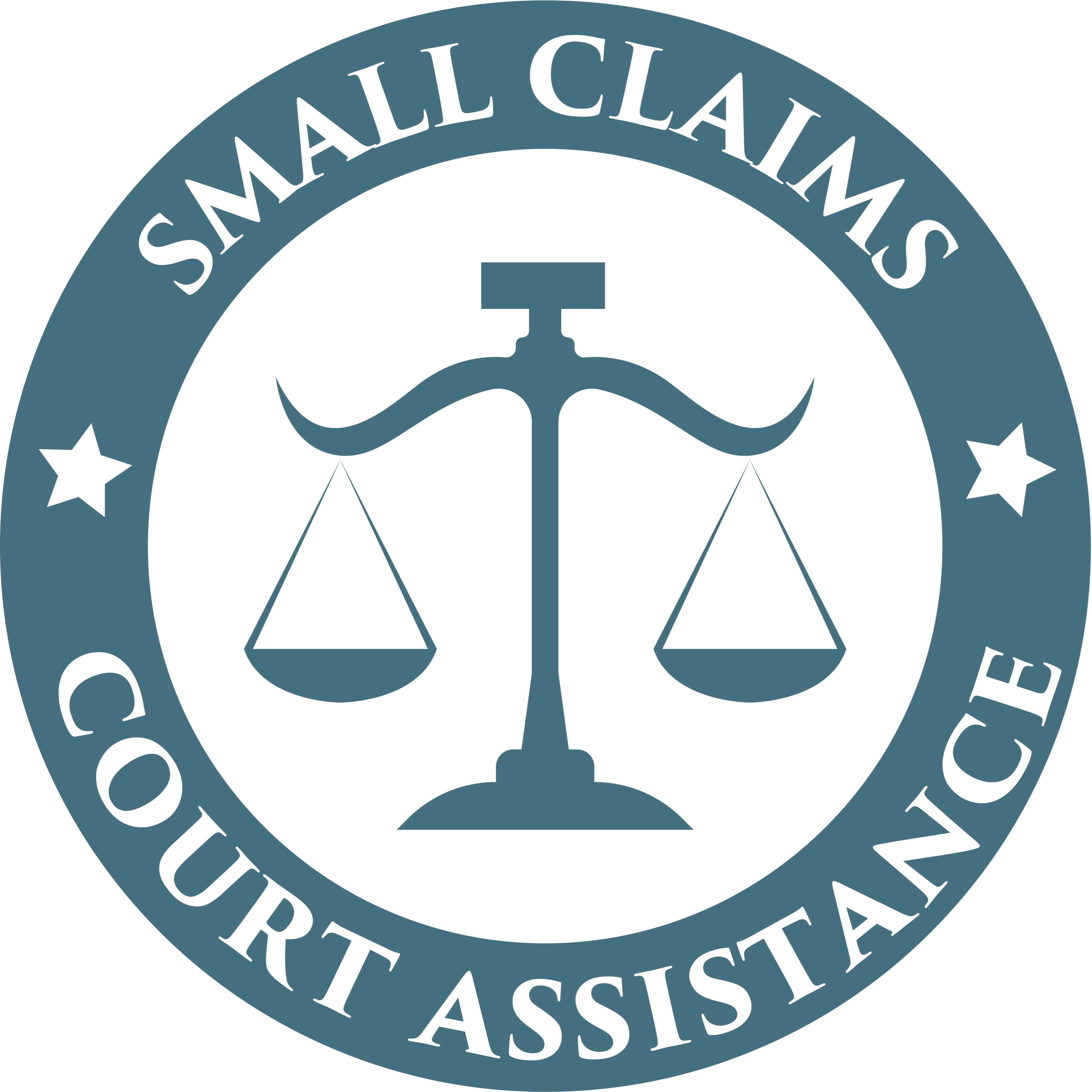Gig work has become increasingly popular in recent years, offering individuals the flexibility to work on their own terms. However, there is a dark side to gig work that often goes unnoticed. Many gig workers face the dilemma of unpaid gigs and disappearing payments, causing financial hardships and frustration. In this article, we will explore the challenges gig workers face when gigs go south and payments vanish, and discuss the importance of protecting gig workers’ rights.
Key Takeaways
- Unpaid gigs are a common problem in the gig economy, leaving workers financially vulnerable.
- Disputes over fair payment can be a major struggle for gig workers, who often lack legal protections.
- Legal frameworks are needed to regulate gig work and ensure fair treatment of workers.
- Collective action can empower gig workers to advocate for their rights and demand fair compensation.
- Gig workers should be aware of their rights and take proactive measures to protect themselves from payment issues.
The Dark Side of Gig Work
Unpaid Gigs: A Common Problem
As gig workers, we often face the frustrating reality of unpaid gigs. Despite our hard work and dedication, there are instances where payments simply vanish. It can be incredibly disheartening, especially when we rely on these gigs for our livelihood. We are left feeling helpless and taken advantage of.
Disputes and Resolution: The Struggle for Fair Payment
In our journey as gig workers, we often encounter challenges when it comes to receiving fair payment for our services. Unfortunately, disputes over payment can arise, leaving us feeling frustrated and uncertain about how to resolve the issue. While some disputes can be resolved through open communication and negotiation, there are instances where more formal methods may be necessary. One option is to pursue legal action through a small claims court, which provides a streamlined process for resolving disputes involving smaller amounts of money.
Protecting Gig Workers’ Rights
Legal Frameworks: The Need for Regulation
In the gig economy, we face numerous challenges when it comes to fair payment. One of the most pressing issues is dealing with debt collectors. These individuals or companies are hired to collect outstanding payments from clients who refuse to pay. It can be a frustrating and time-consuming process, often leaving gig workers at a loss. We need stronger regulations to protect gig workers from the harassment and unfair practices of debt collectors.
Collective Action: Empowering Gig Workers
As gig workers, we understand the challenges we face in getting fair payment for our work. It can be frustrating when gigs go south and payments vanish, leaving us in a difficult situation. However, we have the power to take collective action and empower ourselves.
Gig workers play a crucial role in today’s economy, providing flexible services and contributing to various industries. However, ensuring their rights and protections is essential. At Debt Collectors International, we understand the importance of protecting gig workers’ rights. Our mission is to provide debt collection solutions made simple, while also advocating for fair treatment and proper compensation for gig workers. With our expertise and experience, we strive to create a safe and supportive environment for gig workers, ensuring they receive the rights they deserve. Visit our website to learn more about how we can help you and join us in protecting gig workers’ rights.
Frequently Asked Questions
What should gig workers do if they don’t get paid for a gig?
If gig workers don’t receive payment for a gig, they should first try to communicate with the client or platform to resolve the issue. If that doesn’t work, they can consider taking legal action or seeking assistance from relevant authorities.
How can gig workers protect themselves from unpaid gigs?
Gig workers can protect themselves from unpaid gigs by thoroughly researching clients and platforms before accepting gigs. They should look for reviews and ratings, and consider using escrow services or requesting upfront payment.
What are some common disputes gig workers face regarding payment?
Some common payment disputes gig workers face include late payments, underpayment, and disputes over additional expenses or changes in scope. These disputes can often arise due to unclear agreements or lack of communication.
What options do gig workers have for resolving payment disputes?
Gig workers can try to resolve payment disputes by negotiating with the client or platform, providing evidence of work completed, and seeking mediation or arbitration services. In some cases, legal action may be necessary.
Are gig workers protected by any legal frameworks?
The legal protection for gig workers varies depending on the jurisdiction. Some countries have introduced regulations to protect gig workers’ rights, such as minimum wage requirements and access to benefits. However, many gig workers still lack comprehensive legal protections.
How can gig workers collectively advocate for their rights?
Gig workers can collectively advocate for their rights by joining or forming worker associations or unions. These organizations can provide support, negotiate with platforms or clients on behalf of gig workers, and push for policy changes to improve working conditions.


Comments are closed